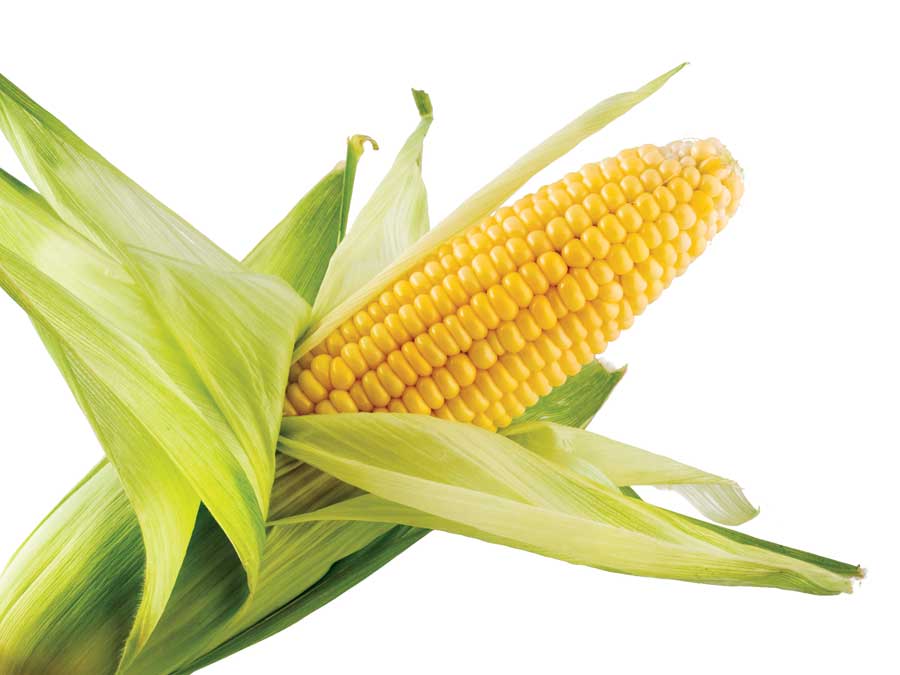Corn... In my experience, it is one of the hottest issues in the gluten free community at the moment. So many people have different ideas about corn, and if it is safe for people with CD or other gluten intollerances. As with everything else, here's my humble opinion.
We know that corn is very hard to digest, and if you didn't know how hard it is to digest, you've probably still seen, shall we say, evidence of it the day after you eat it. Corn sticks around, and yes, because of that it is a pretty good source of fiber. However, when you look at the gluten protein, and when you look at corn, they are pretty similar. Corn is missing one part of the gluten protein bond, but it still has one part in common with gluten. Because of this, the jury is out on corn and if it is truly safe or not. Many doctors will tell you that corn is a perfectly safe grain, and on the other hand, there are probably just as many experts and doctors that would tell Celiac's or others who are gluten intollerant to not touch any grains at all.
In my personal experience, I can eat some corn without adverse affects, but there is a fine line between what is acceptable and what is too much. One other observation I have made about eating corn, is that the more processed it is, the harder it is for me to digest... duh. I personally do better with organic blue corn chips than with other corn chip varieties (Fritos anyone???). I have also noticed that when corn meal or Masa flour are used in place of wheat flour there isn't too much difference in how my system reacts to it than if it had just been wheat. It is possible that it's a matter of cross contamination in working kitchens, but I haven't had much better experiences at home where my kitchen has been 100% gluten free for over a year now.
This is another time when I think it's so important to listen to your own body. Everyone is different, and just because one person can, or cannot, eat a certain corn product doesn't mean that everyone will have the same reaction. If you still feel sick, and you are using corn as a supplement for wheat products, chances are you're eating more of it than your body can handle. Try going a week without it. It's hard, trust me! Corn is in everything because it's cheap and we have tons of it available for the food industry to use as a filler. As with gluten, it's important to read all the way through food labels.
One other take away from this, is that variety is vital to any balanced diet. If you use corn as your only wheat substitute, maybe you could try other varieties of gluten free flour. There are some premixed varieties out there that don't contain any corn, or you can even make your own! Gluten free flour can be complicated, and one is not necessarily interchangeable with another, but it can also be fun. There are loads of gluten free flour mix recipes available online, or in gluten free cookbooks. Experiment, and have fun! Being gluten and corn free doesn't mean you have to give everything up, but it does mean you must learn how to be more creative!

No comments:
Post a Comment